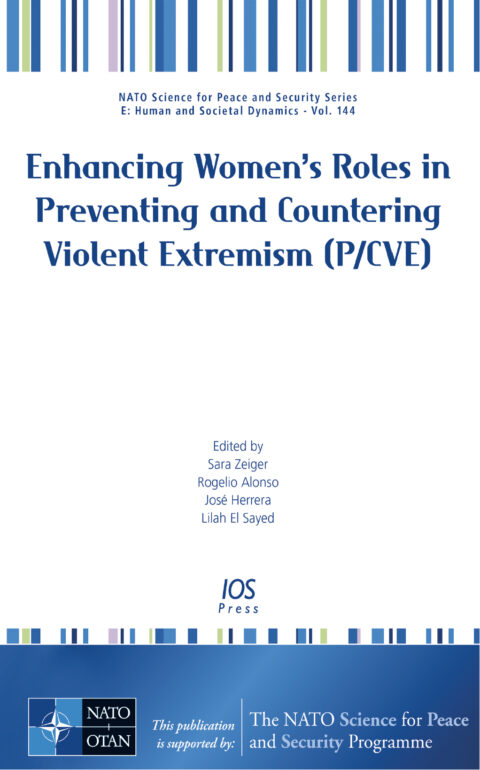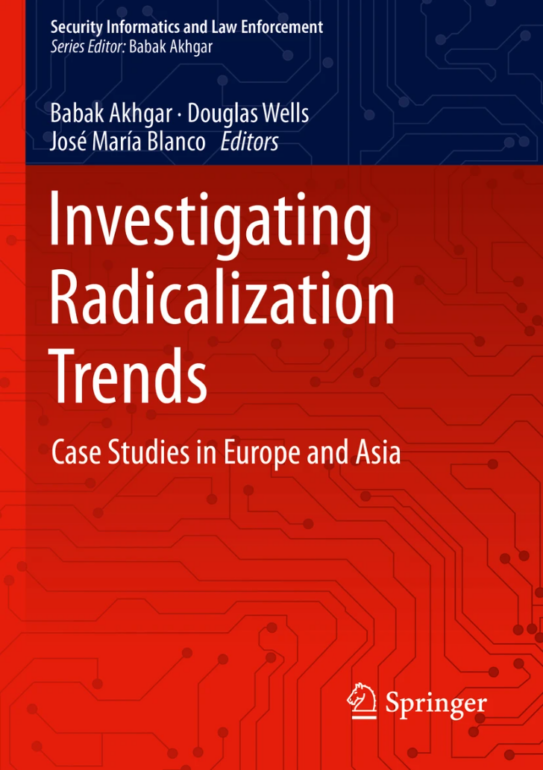Since the so-called 7/7 bombings of 2005, domestic terror attacks and a high rate of foreign fighters leaving for Syria from the UK led to making preventing and countering violent extremism (P/CVE) a government priority. Yet the prevention strategies in place have been criticised for creating distrust between security forces and individuals living in at-risk communities. With this in mind, Women without Borders (WwB) launched its MotherSchools Parenting for Peace in the UK programme, with an implementation focus on Luton, one of the most well-known sites of radicalisation in the country. The programme brought together mothers with South Asian backgrounds to teach them effective communication and negotiation skills in order to improve their relationships with their children, while also sensitising them to the risks and warning signs of radicalisation in young people.
Extremist recruitment and radicalisation increasingly has become a concern in the United Kingdom. A number of terrorist attacks have recently taken place on British soil, starting with the so-called 7/7 attacks on London public transport in 2005, which killed 52 people and injured a further 700. In the wake of the ISIS recruitment spree, approximately 850 British citizens left for Syria to join Daesh. In recent years, the media has made one town notorious as a recruitment ground for extremist groups operating in the UK and abroad: Luton, Bedfordshire, in East England. The town has served as a base for the Salafi extremist group Al-Muhajiroun. In addition, the Swedish-born terrorist Taimour Abdulwahab al-Abdaly was allegedly radicalised in Luton, and the town also served as the meeting point for the perpetrators on the day of the 7/7 attacks.
In an effort to strengthen family and community resilience in Luton, Women without Borders (WwB) in 2016 launched its MotherSchools UK project in cooperating with local implementing partner Dr. Nazia Khanum OBE, Director of Equality in Diversity. Although the original aim of the project was to reach 15 participants, 48 mothers expressed interest in joining the group and around 26 participants went through the entire curriculum. The project brought together mothers with South Asian backgrounds, many of whom had relatively little personal freedom and often had difficult relationships with their husbands and relatives.
At the beginning of the MotherSchools the mothers identified their own strengths and weaknesses, as well as opportunities available to them and their hopes for the future. A number of common themes emerged: many mothers talked about their struggle to learn English, the heavy burden of domestic work and childcare, and a lack of opportunities to develop a life outside the home. Participants’ hopes and fears tended to revolve around their children’s education and future, as well as their own desire to establish successful professional and personal lives. As far as parenting was concerned, the mothers recognised their own potential to protect their children from extremist and other negative influences given the necessary knowledge and skills. They were keen to learn how to establish better communication within their families and to connect with other mothers who shared this goal.
One particularly effective and moving aspect of MotherSchools UK was a session featuring the personal testimony of Khadijah, whose son died as a foreign fighter in Syria. This was an important opportunity for the mothers to learn about the reality of violent extremism and to reflect on how they would have responded in Khadijah’s position. After hearing Khadijah’s story, the mothers expressed empathy with her experience and stressed the importance of communication with children, especially those at risk of radicalisation.
During the MotherSchools, the mothers of Luton acquired much-needed parenting knowledge and skills with a particular focus on communication and negotiation. Ultimately, this facilitated not only better relationships with their children but also a more open dialogue with their husbands who, as fathers, are an essential part of developing effective parenting strategies. After the programme, participants reported that children demonstrated greater trust in them, and that they had been able to establish more stable and loving family environments.
The participants agreed it was essential to maintain the network of women they had built during the MotherSchools. To this end, Women without Borders set up MotherCircles UK, its sustainability-oriented follow-up programme, which enables graduates to bring the Parenting for Peace lessons deeper into their communities.


